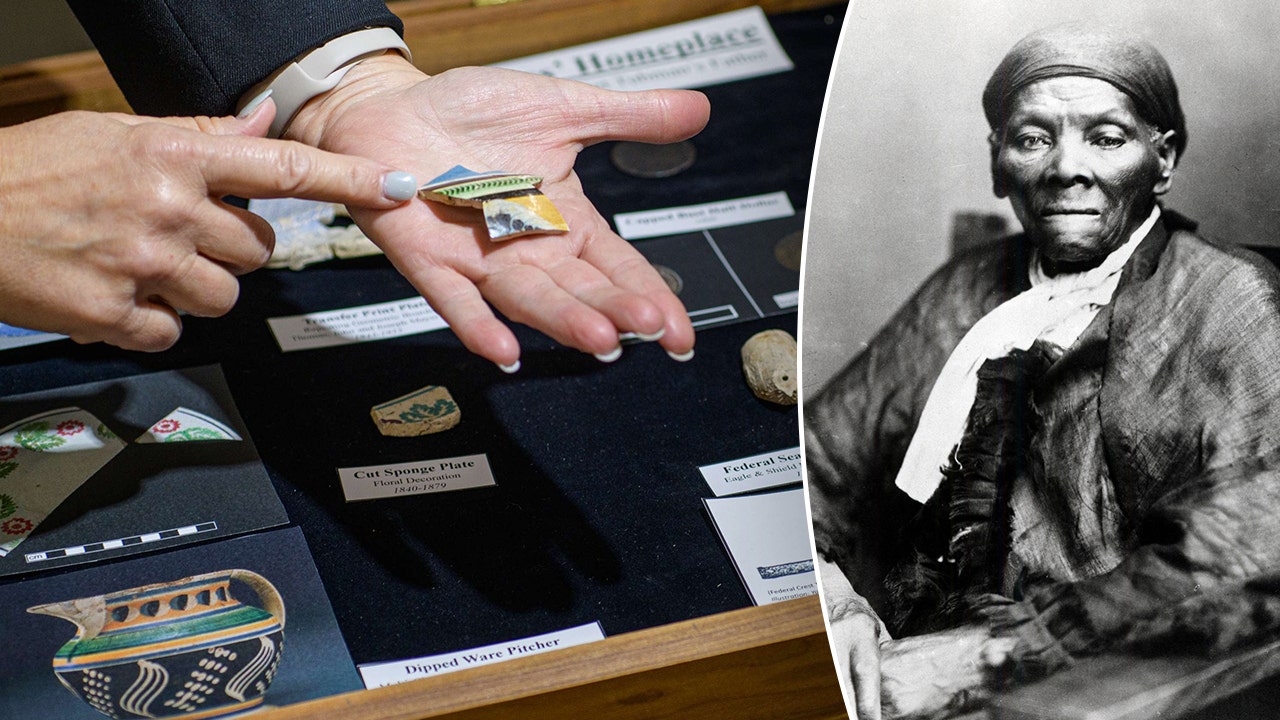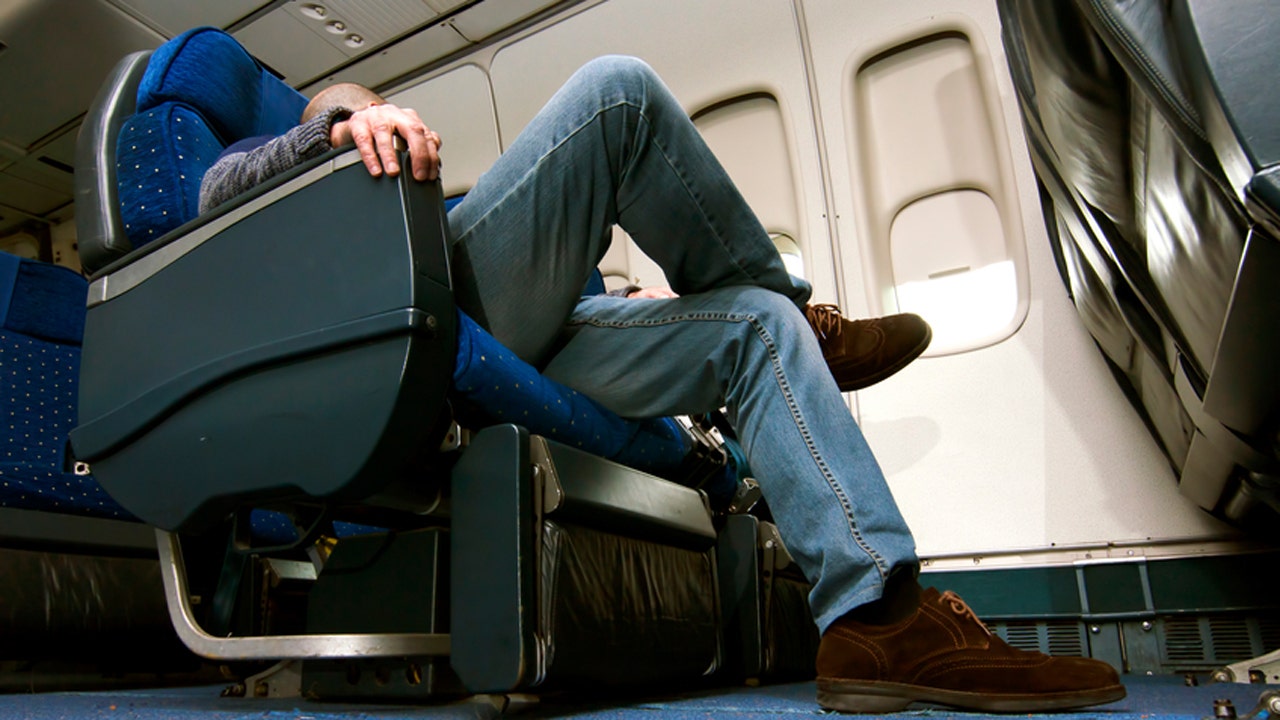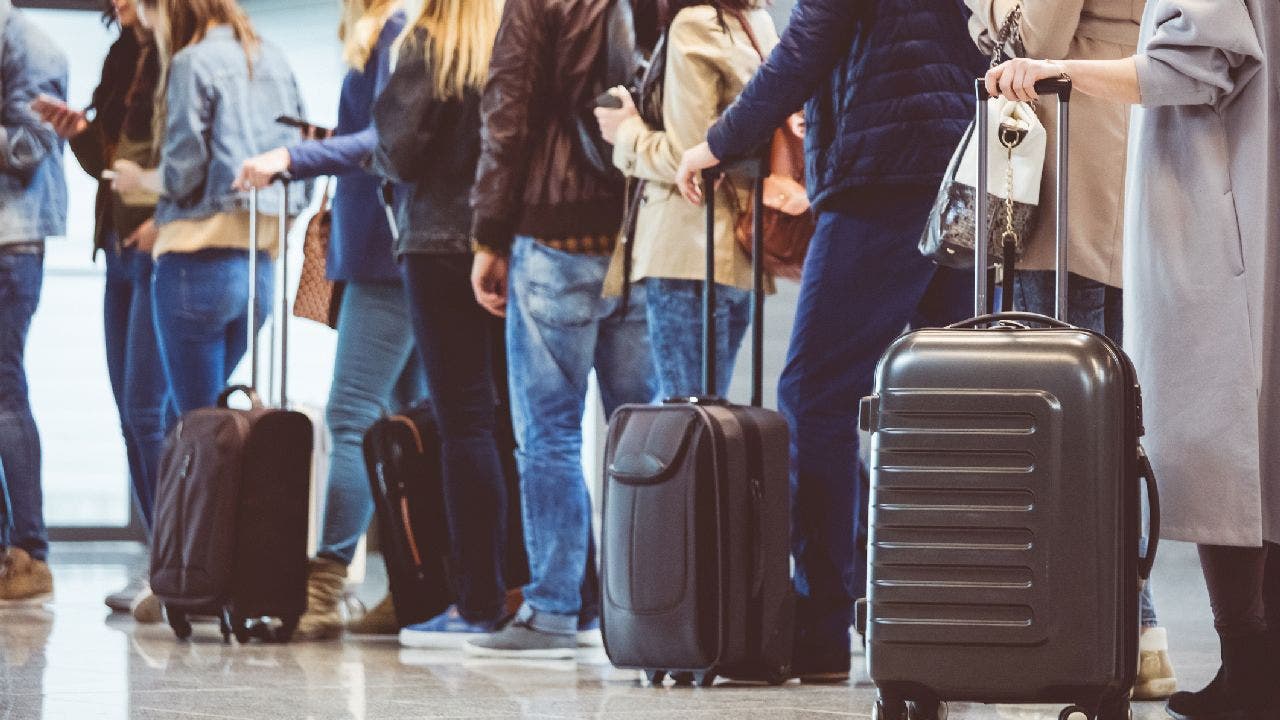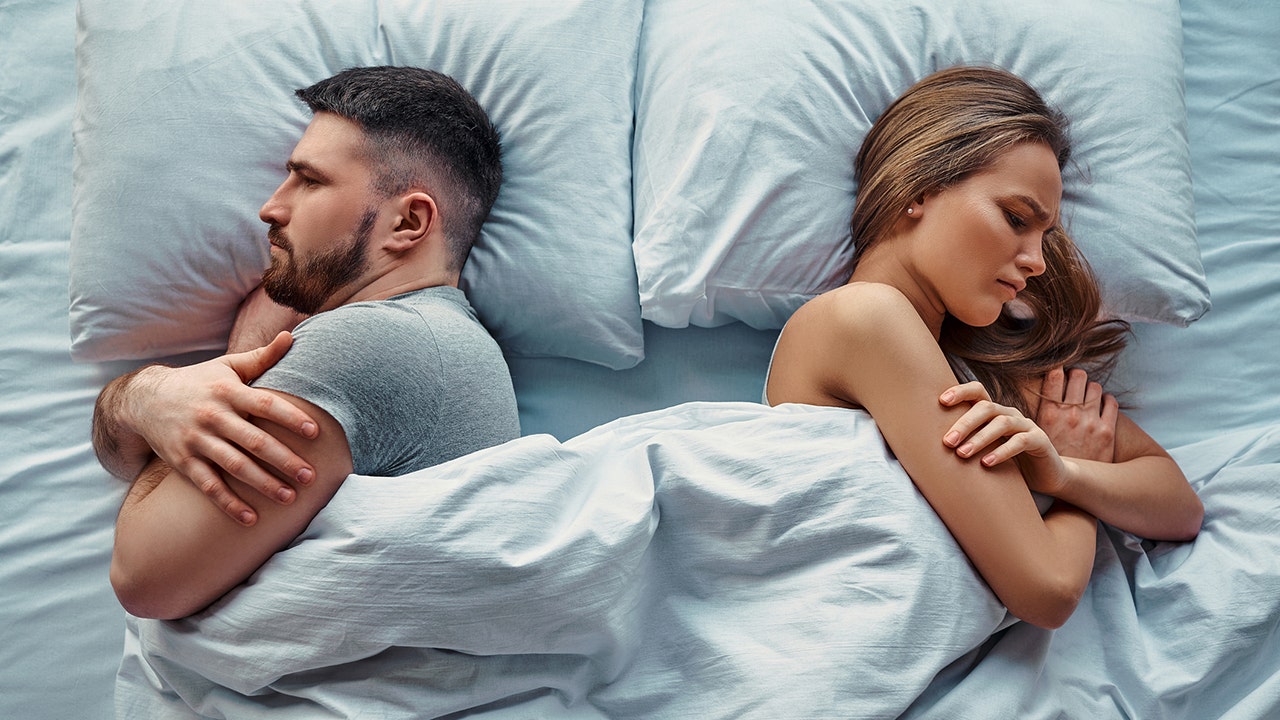Emerging Travel Trend: Couples Embrace ‘Sleep Divorce’
A sleep trend gaining traction among couples has spilled into the travel circuit as more people say they desire sleeping arrangements that are separate from their partners.
In the trend dubbed “sleep divorce,” traveling couples are reportedly searching for ways to get more shut-eye during vacation, according to Hilton’s 2025 Trends report.
The Virginia-based hospitality company revealed that nearly two-thirds of travelers, or 63%, confess to sleeping better alone, shedding light on a fascinating shift in how relationships are navigated during getaways.
Understanding the ‘Sleep Divorce’ Phenomenon
“In fact, 37% of travelers prefer to sleep in a separate bed from their partner when traveling; notably, among families with children, three out of four parents believe it’s beneficial to sleep apart from their kids during trips,” Hilton’s report indicated. This trend hints at a renewed focus on personal well-being, as couples opt for solo restoration time even in shared scenarios. The concept of a ‘solo reset’ during family reunions encourages introspection.
In a recent study from the American Academy of Sleep Medicine (AASM) based in Illinois, couples disclosed that opting for separate rooms became essential to prioritize their sleep.
An intriguing gender disparity emerged from the survey. Men were significantly more likely to pursue separate sleep spaces, with 45% reporting they do so “occasionally or consistently,” compared to just 25% of women. This revelation opens the door to understanding the deeper emotional landscapes couples traverse—one that intertwines comfort with intimacy.
Balancing Connection and Sleep
Stacy Thiry, a licensed mental health counselor at Grow Therapy in Florida, shared her views on how this trend shapes travel experiences. “Potential pros can be less bickering or frustration if you are in too close quarters together,” she stated. Rather than causing disconnection, some couples have reported feeling closer post-sleep divorce, rejuvenated by a better night’s rest.
Nevertheless, challenges are still present. The physical distance can lessen spontaneous moments of affection, leaving emotional gaps where warmth once basked. “There could be a stigma attached to it,” Thiry warned. The historical narrative painted sharing a bed as a hallmark of closeness, a narrative now being rewritten by couples who prioritize personal peace over perceived intimacy.
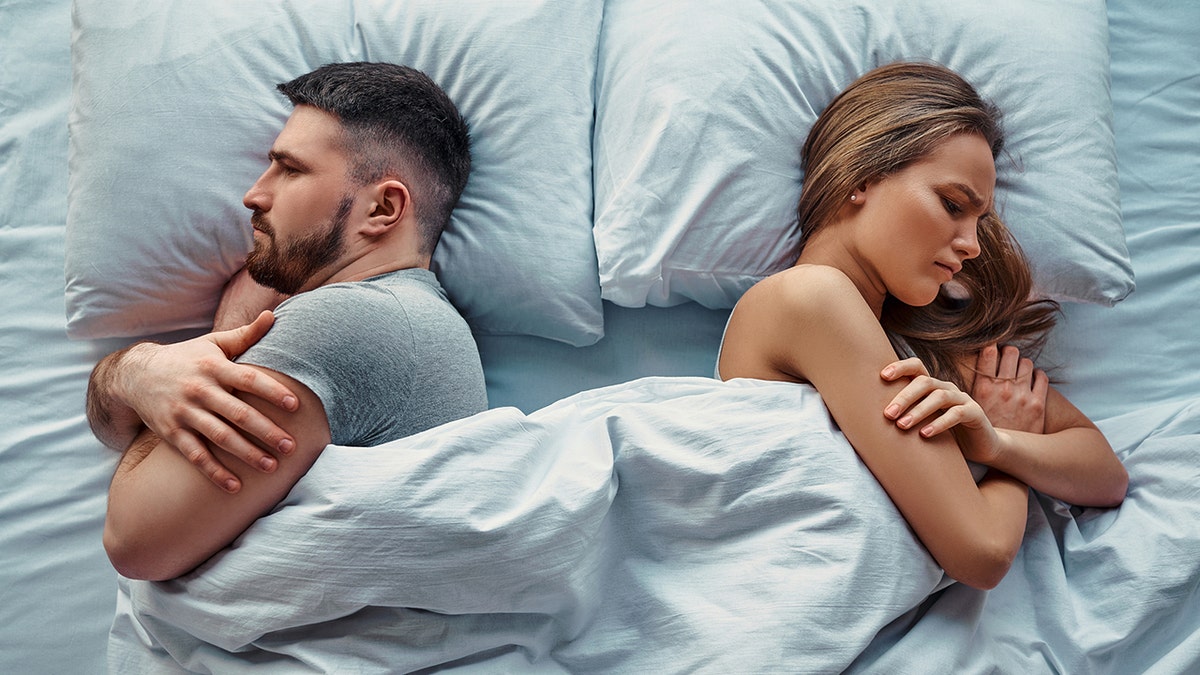
Sleep expert Dr. Wendy Troxel from the RAND Corporation echoes these sentiments, emphasizing that maintaining an open dialogue is vital when embarking on this new path. In her book, “Sharing the Covers: Every Couple’s Guide to Better Sleep,” she notes the correlation between quality sleep and emotional health, making a case for couples to reevaluate their sleeping arrangements.
To sustain intimacy, Troxel recommends setting aside time for connection—even if sleeping apart becomes the norm. “The moments before sleep are often vital for maintaining connection,” she noted, highlighting the importance of reaffirming bonds intentionally.
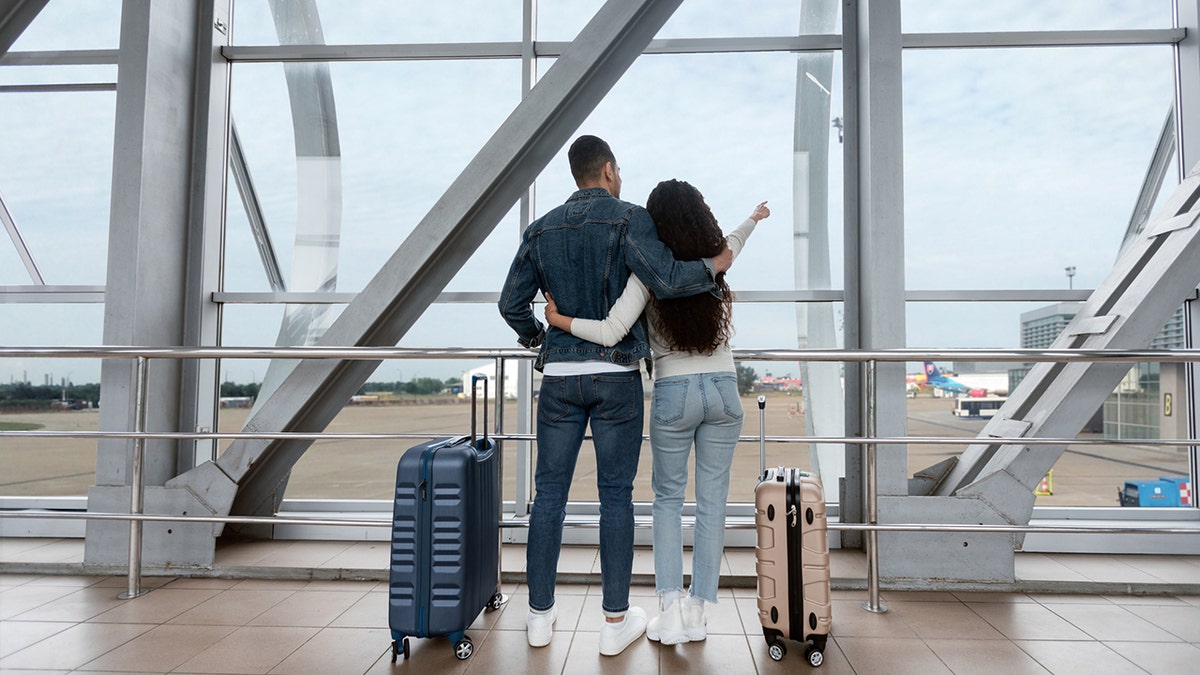
Travel Accommodations That Support the Trend
Choosing to sleep separately on vacation has become a personalized decision, a unique path for each couple. This approach to intimacy reflects a growing awareness of sleep’s value in fostering happier relationships. After all, if sleeping apart leads to better rest and consequently better days, why not embrace it?
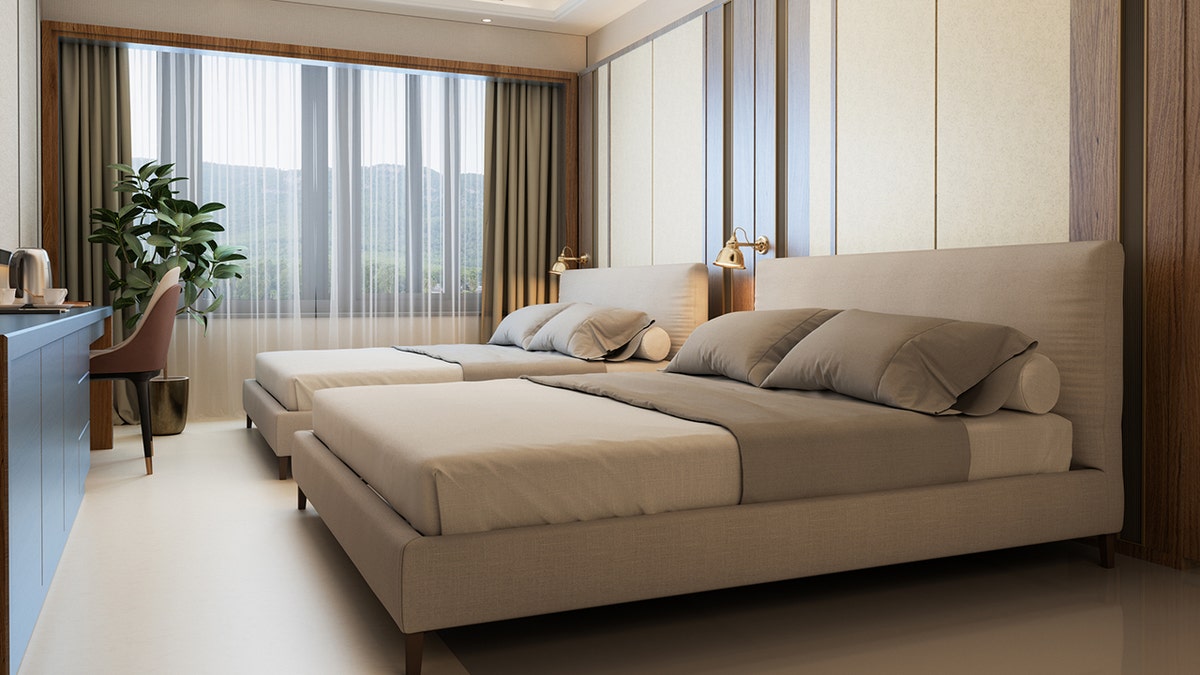
As ‘sleep tourism’ is on the rise, hotels are adapting. Connections between rooms allow couples or families to maintain closeness while enjoying the sleep quality an individual space offers. The upcoming year is set to see an increase in these conversations, reshaping the paradigm of travel, one restful night at a time.
Every partnership is a dance of its own, each requiring rhythm and adjustments. Couples might find that a little space brings them closer than they ever imagined.
On a lighter note, a random fact: Did you know that the world’s longest recorded sleep lasted for just 11 days? That’s quite the power nap!
































